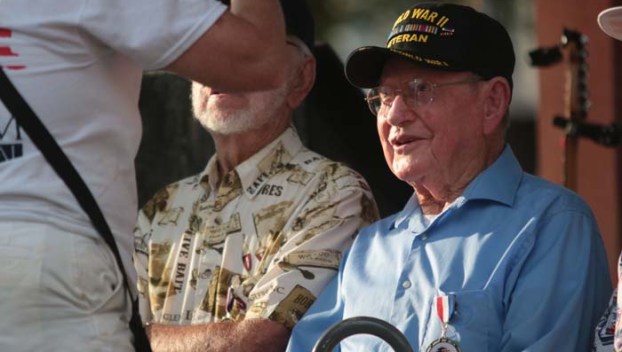
Ga Fl News
WW2 vet Mills celebrates 99th birthday
LIVE OAK — It wasn’t a typical birthday celebration. Read more

LIVE OAK — It wasn’t a typical birthday celebration. Read more
One of the more remarkable Christmas stories in recorded history came from the heart of one of our ... Read more